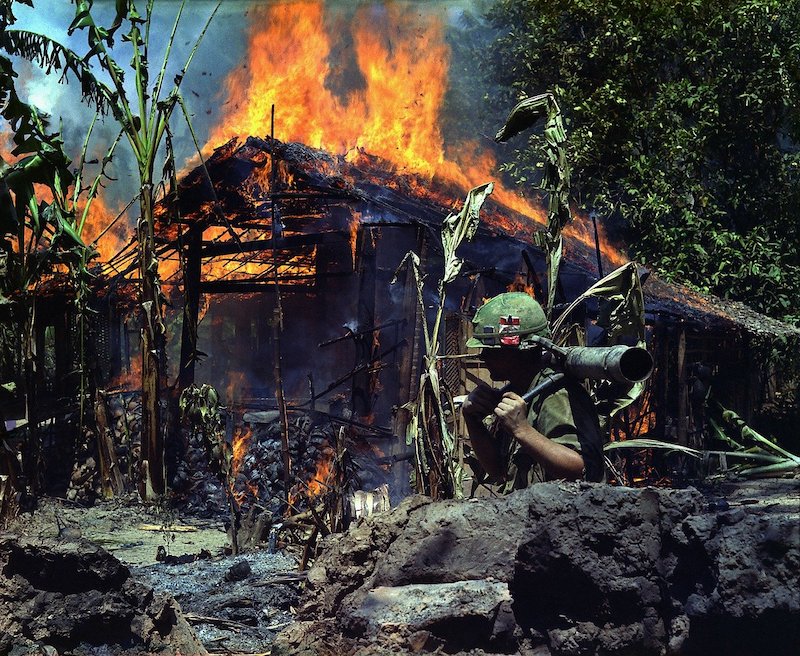
Share this post with another homeschool mom!
Every high school student should read How Should We Then Live? by Dr. Francis Schaeffer. The book opens with the statement: “There is a flow to history and culture. This flow is rooted and has its wellspring in the thoughts of people. The results of their thought world flow through their fingers or from their tongues into the the external world.”
Following the growth and progression of Western civilization, Dr. Schaeffer brilliantly pulls together the essential problems of our world, demonstrating our cultural development. It is a sharp wake-up call for Christians. Despite being published in 1976, Dr. Schaeffer’s conclusions about the Atomic Age (the 1970s) are eerily similar to the problems we face in the 2020s. Here are 3 reasons why your students should read this book before they graduate high school.
Dr. Schaeffer put together a wonderful video series to use alongside his book on worldview. We have made this series into a half credit class on philosophy and apologetics for your high school students.
3 Reasons to Read How Should We Then Live?
by Dr. Francis Schaeffer
1. Dr. Schaeffer provides a thorough and fascinating timeline of the world. Starting with the Roman Empire, he devotes one chapter to each era, explaining the Middle Ages, the Renaissance, the Reformation, the Enlightenment, and ending with the Atomic Age (the 1970s). Your students will learn about each era’s specific cultural issues and how those issues influenced the following eras.

“Culture and the freedoms of people are fragile. Without a sufficient base, when such pressures come only time is needed—and often not a great deal of time—before there is a collapse.”
Francis Schaeffer
2. Not only does Schaeffer lay out a succinct summary of Western Civilization, he interweaves philosophy, theology, sociology, and art throughout his timeline. This creates a well-rounded explanation of the positives and negatives of man’s thoughts and actions. It can be difficult to pull all the strings together. Schaeffer does an excellent job bringing these highly intellectual concepts to a level that is easy to understand and translates into daily life.

3. Every student learns in a bubble, whether they are at home or in a private or public school. Schaeffer does not hold back or apologize for the uncomfortable parts of Western civilization. He states these issues matter of factly, but most importantly, he couches them in a Christian worldview. Every single chapter of How Should We Then Live? is built on solid, Biblical worldview. With this foundation, Schaeffer asserts there is always redemption and hope.

“As my son Frankie put it, Humanism has changed the Twenty-third Psalm: They began – I am my shepherd. Then – Sheep are my shepherd. Then – Everything is my shepherd. Finally – Nothing is my shepherd.”
Francis Schaeffer
For more book recommendations on building a Christian worldview, check out this list of 12 books to build a Christian Worldview.
Share this post with another homeschool mom!








